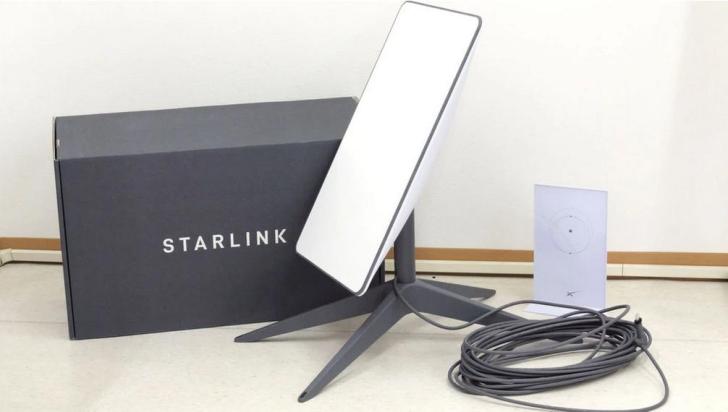News / Local
No special treatment for Starlink in Zimbabwe
25 Sep 2024 at 09:02hrs |
0 Views

The Zimbabwean government has clarified that Elon Musk's Starlink will not receive any special tax exemptions and will be subject to the same regulations and taxes as local internet service providers (ISPs) and mobile telecom companies. This was announced by ICT Minister Tatenda Mavetera during a post-Cabinet media briefing on Tuesday.
"When it comes to taxes, they are all the same," Mavetera said. "Whatever applies to local ISPs will also apply to Starlink. That's why you'll see us penalising them if they fail to provide efficient connectivity."
Starlink, a satellite internet service developed by SpaceX, went live in Zimbabwe earlier this month. It aims to offer high-speed internet, especially in rural areas where traditional infrastructure is limited. Despite the enthusiasm surrounding its launch, the government is making it clear that Starlink must adhere to the same regulatory standards as its local counterparts.
Currently, six local companies have been recognized as official Starlink resellers: TelOne, Aura, Dandemutande, Frampol, Zodsat, and Namibia-based Paratus, which operates in Zimbabwe.
Information Minister Jenfan Muswere also emphasized the importance of embracing emerging technologies, citing the rapid global development of ICTs and the potential for economic growth they bring.
Government Updates on Grain Imports
During the same briefing, Muswere also provided updates on Zimbabwe's grain imports, revealing that 39,698.88 metric tonnes of grain have been delivered so far, out of the expected 300,000 metric tonnes. These imports are expected to last until June 2025, with the focus now shifting toward purchasing local wheat.
He also outlined the total food requirement for the country up to March 2025, estimating the need at approximately 427,408.54 metric tonnes based on a consumption rate of 7.5kg per person. However, Muswere noted the possibility of an increased food demand, as only 6.2 million out of 9.2 million rural residents are currently receiving aid under social welfare programs.
"If the need arises, more people will be enrolled, and the 7.5kg/person/month ration will be maintained," Muswere added.
These updates highlight the government’s ongoing efforts to address both technological advancements and food security amid challenging conditions.
"When it comes to taxes, they are all the same," Mavetera said. "Whatever applies to local ISPs will also apply to Starlink. That's why you'll see us penalising them if they fail to provide efficient connectivity."
Starlink, a satellite internet service developed by SpaceX, went live in Zimbabwe earlier this month. It aims to offer high-speed internet, especially in rural areas where traditional infrastructure is limited. Despite the enthusiasm surrounding its launch, the government is making it clear that Starlink must adhere to the same regulatory standards as its local counterparts.
Currently, six local companies have been recognized as official Starlink resellers: TelOne, Aura, Dandemutande, Frampol, Zodsat, and Namibia-based Paratus, which operates in Zimbabwe.
Information Minister Jenfan Muswere also emphasized the importance of embracing emerging technologies, citing the rapid global development of ICTs and the potential for economic growth they bring.
Government Updates on Grain Imports
During the same briefing, Muswere also provided updates on Zimbabwe's grain imports, revealing that 39,698.88 metric tonnes of grain have been delivered so far, out of the expected 300,000 metric tonnes. These imports are expected to last until June 2025, with the focus now shifting toward purchasing local wheat.
He also outlined the total food requirement for the country up to March 2025, estimating the need at approximately 427,408.54 metric tonnes based on a consumption rate of 7.5kg per person. However, Muswere noted the possibility of an increased food demand, as only 6.2 million out of 9.2 million rural residents are currently receiving aid under social welfare programs.
"If the need arises, more people will be enrolled, and the 7.5kg/person/month ration will be maintained," Muswere added.
These updates highlight the government’s ongoing efforts to address both technological advancements and food security amid challenging conditions.
Source - newsday
Join the discussion
Loading comments…








































